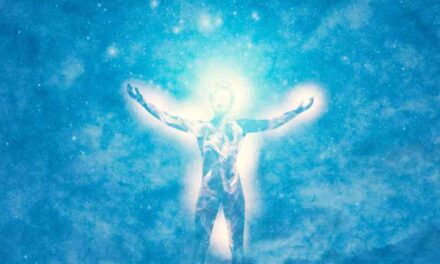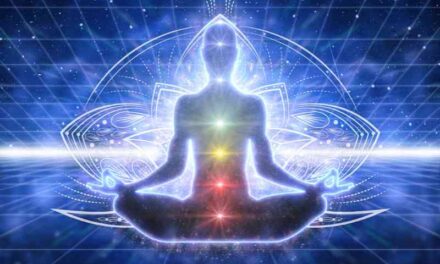The conversation between the questioner and Maharaj revolves around different aspects of the nature of consciousness, self-realization, and the illusory nature of the world. The questioner asks whether Maharaj experiences emotions like gladness and sadness, to which he replies that these are only states of mind and he is beyond the mind. Similarly, love may be a state of mind based on desire, but true unity is beyond the mind.
When the questioner asks about the nature of desire and who wants something, Maharaj replies that there is no ‘who’, only desire as a state of mind. The mind perceives and names desire, and without the mind, there is no desire. Perceiving can occur without naming, but naming is limited by the mind.
The conversation then shifts to the nature of life and death. Maharaj states that nothing happens when someone dies, something simply becomes nothing. All that exists is consciousness, and Maharaj exists both in and beyond that consciousness as a witness and Being. Maharaj further explains that he does not worry about the future and acts according to his nature without any sense of purpose. Everything that happens is because he is, not because he makes it happen.
The questioner asks if he exists in Maharaj’s world as Maharaj exists in his, to which Maharaj replies that both exist as points in consciousness and are nothing apart from consciousness. The world hangs on the thread of consciousness, and no consciousness means no world. Maharaj uses the example of dreams to explain that although there may be many personal worlds, they are all superimposed over a common world. The cause of self-forgetfulness, according to Maharaj, is mental states that alternate like day and night.
The conversation concludes with Maharaj stating that reality is beyond both self-remembering and self-forgetting. Not knowing needs no cause, and forgetting presupposes previous knowledge. Maharaj encourages the questioner to hold onto the thought of ‘I am’ and let go of everything else as a form of sadhana, and in realization, there is nothing to hold onto or forget as everything is known and nothing is remembered.
In summary, the conversation delves into the nature of consciousness and the illusory nature of the world, highlighting that true unity and realization are beyond the mind and its states. Maharaj emphasizes the importance of self-remembering and recognizing one’s true nature as the key to self-realization.





